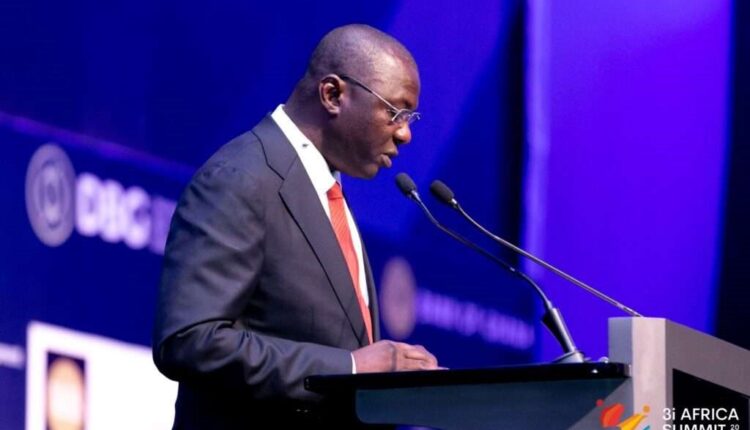Finance Minister, Dr. Mohammed Amin Adam, has voiced concerns over the inequities present in the global financial system, which he believes disadvantage developing countries, particularly those in Africa.
According to Dr. Adam, the current financial architecture exacerbates debt distress and cyclical poverty across the continent.
Dr. Adam highlighted a critical issue: African countries often face significantly higher borrowing costs on the international capital market compared to their developed counterparts.
“When we even want to borrow, we borrow at higher costs, sometimes three times, five times more than what the advanced countries do, and so it doesn’t help with mobilizing resources to finance our development,” he stated.
This disparity in borrowing costs hampers Africa’s ability to secure affordable financing for developmental projects, pushing many countries deeper into debt.
The finance minister lamented the repercussions of the global financial structure, noting that African nations suffer disproportionately from global economic shifts.
“The global financial architecture is really not favorable to developing countries, particularly those of us in Africa,” he remarked.
Dr. Adam cited a striking example from the Arena, an international revenue agency, which reported that over the past decade, $2.3 trillion was invested in renewable energy, but only 0.4% of this amount reached Africa.
This imbalance, Dr. Adam argued, leaves African countries ill-equipped to deal with global challenges like climate change, despite contributing minimally to the problem.
“We contribute just about 3% to global emissions of carbon dioxide, and yet we cannot get money from the global system to finance adaptation and mitigation measures,” he added.


Comments are closed.